The Shaping Australia Awards celebrate universities’ national contribution
Here are the winners of the inaugural Shaping Australia Awards which show “how universities are going the extra mile to make a difference to their communities”.

A fireproof paint to save homes from bushfires and an easy-to-use blood sugar indicator that will change the lives of people with diabetes are among the transformative university projects honoured in the inaugural Shaping Australia awards.
The seven Shaping Australia winners, who were presented with their awards by Education Minister Jason Clare in Canberra on Tuesday night, were projects chosen from 18 finalists that have all made a major contribution to the nation in one of three major areas of university endeavour – research, teaching or engagement with the community.
The awards, conceived by Universities Australia and supported by The Australian, were judged by an eminent panel chaired by former federal Education Department secretary Lisa Paul. They include a Peoples’ Choice category chosen by popular vote in which over 35,000 people participated.
Ms Paul said the awards showed “how universities are going the extra mile to make a difference to their communities, to Australia and indeed to the world.”
Other judges were former Governor-General Sir Peter Cosgrove, GO Foundation CEO Charlene Davison, five time Paralympian Kurt Fearnley, editor-in-chief of The Australian Michelle Gunn, special envoy for Southeast Asia Nicholas Moore and former Australian National University vice-chancellor Brian Schmidt.
University of NSW engineer Guan Yeoh said his fireproof paint – which won the People’s Choice award in Problem Solver category for research projects – started in 2018 when a company approached the university and said they were looking for a “game changer” product to resist bushfires.
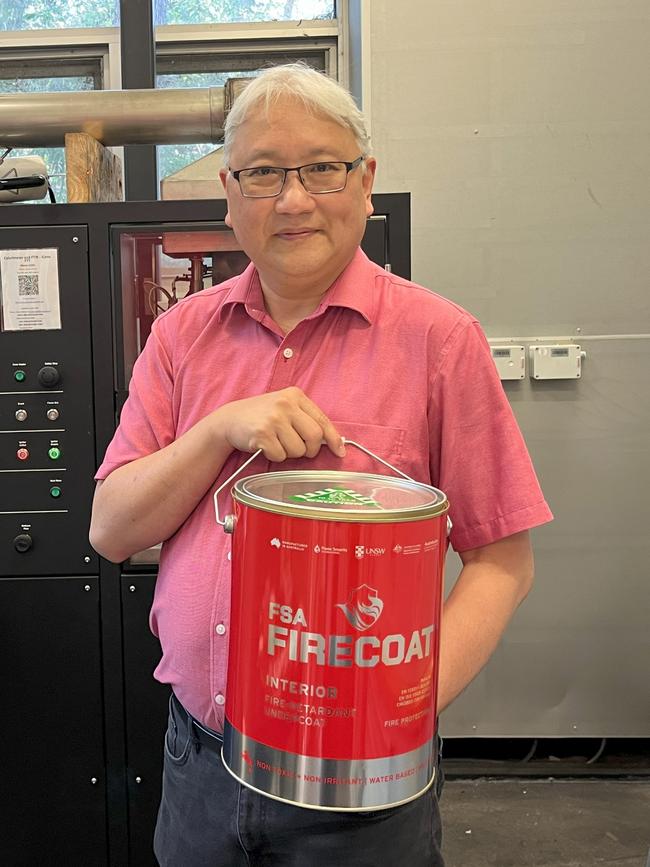
Professor Yeoh said he and his team tested many existing paint products by coating wooden substrates and exposing them to powerful heat.But they didn’t work well.
“After three years, in 2021, there was a eureka moment. We managed to get a formulation which protected the wooden substrate. I said ‘wow’ this is fantastic,” Professor Yeoh said.
The resulting product, FSA Firecoat, is rated to resist a bushfire attack level of 40 and is now commercially available to protect buildings in bushfire prone areas.
“If they (home dwellers) leave the house and come back and there is minor damage, we have done our job,” Professor Yeoh said.
University of Newcastle scientist Paul Dastoor said the Problem Solver award to his team – for a technology that can measure sugar levels in the body by licking a plastic strip – is the result of nearly three decades of research.
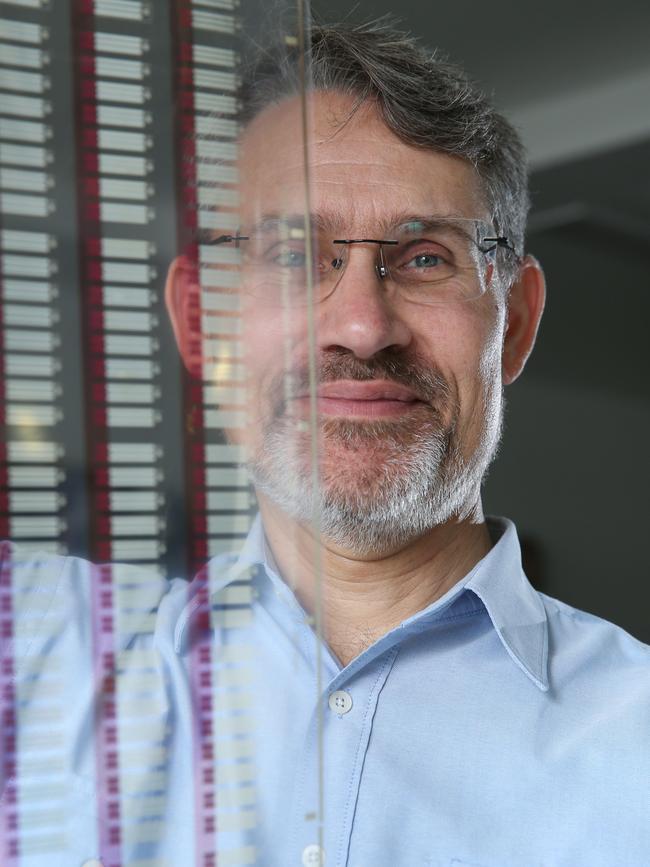
“It’s only with that continuity that you can take scientific research through to full translation,” he said.
The strips can be printed in bulk and Professor Dastoor’s lab is manufacturing them at pilot scale. The technology has been commercialised through IBS, a Nasdaq listed company and will soon undergo clinical trials for use by diabetics to measure blood sugar levels via their saliva.
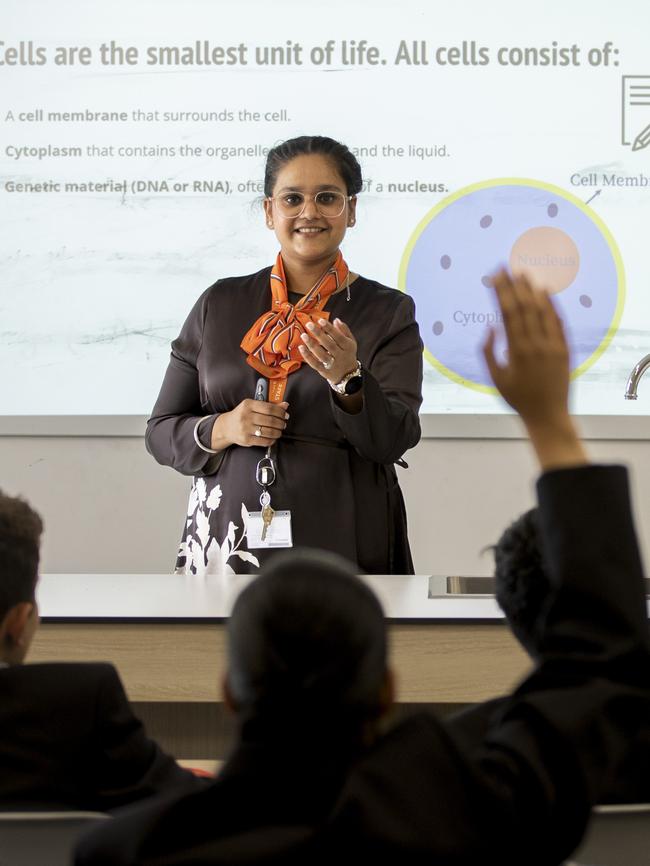
La Trobe University’s Nexus program, which trains people in professional careers to be teachers in schools in disadvantaged areas of Victoria, was the judges’ choice for the Future Builder Award which recognises excellence in university teaching.
Participants in the Nexus program do a masters degree in education while working in schools where they learn from experienced teachers. Eighty six per cent of Nexus graduates choose to stay on working in disadvantaged schools.
The University of South Australia’s Arjun Burlakoti and his team won the People’s Choice in the Future Builder Award for a teaching program which has lifted student’s enthusiasm and interest in anatomy, a necessary subject for allied health students but often one they find challenging.
Dr Burlakoti is passionate about the subject and says the secret is to make it exciting with practical workshop activities, peer tutoring for juniors by senior students who engage them in discussion and 3D printed models built from CT scans. “Students say they can’t wait to come back again next week,” he said.
In the Community Champion Award judges chose joint winners, Central Queensland University’s program to give disabled people access to the beach and the University of South Australia’s ifarmwell project to improve mental health and end the epidemic of rural suicide.
CQUniversity physiotherapist Sasha Job said she became increasingly aware that many of her patients were missing out on important events, such as weddings and birthdays held at beaches, because of their disabilities
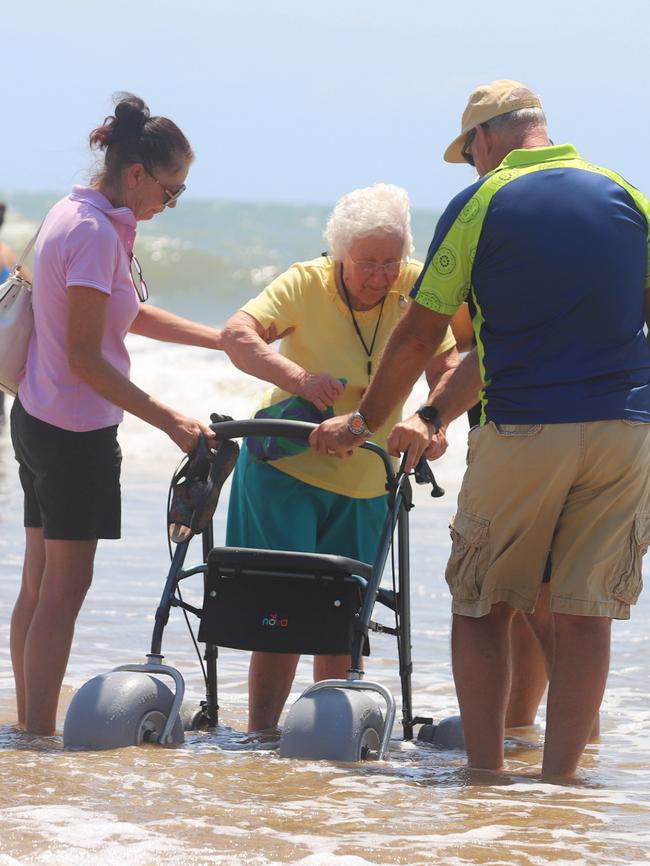
“Beach culture is extremely important where I live and I was finding more and more that some of my patients couldn’t attend the beach,” she said.
The U-BEACH program, led by Ms Job and her colleagues gives practical help to people wanting to go the beach with equipment, such as a special model of walker designed for sand, and hoists to help enter the water.
It runs beach days with favourite beach activities, as well as conducting research into beach access for the disabled and doing training and advocacy around the issue.
UniSA psychologist Kate Gunn grew up on a farm and said that, whenever she went home she saw serious mental health issues in farming communities with not much support available for them.
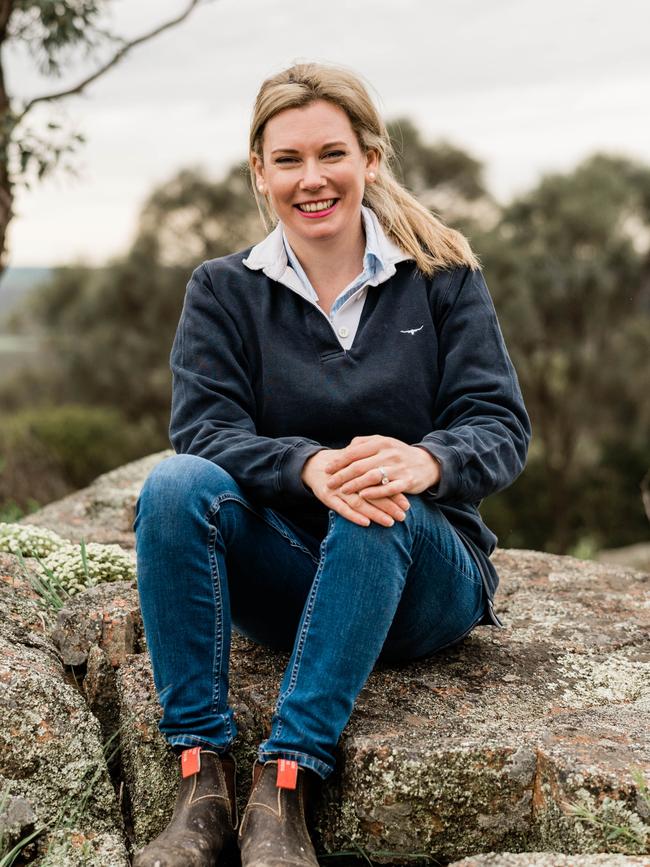
Because farmers like helping themselves and are often not comfortable asking others for support, Dr Gunn launched a website with information, podcasts and five online 30 minute learning modules. After doing each module people practice skills for a couple of weeks before doing the next one.
“Hundreds of farmers have done them but thousands would benefit,” she said.
Curtin University’s tax clinic, in which students (under supervision) give tax advice to people without the resources to use a tax agent, was the People’s Choice for community engagement. Accountancy academic Annette Morgan started the clinic in 2018 and it quickly helped many people who had fallen out of the tax system to lodge returns. Many found they were owed refunds.
The concept was so successful that, supported by the Australian Taxation Office, there are now tax clinics in all states and territories with 14 universities involved.
Ms Morgan expanded the Curtin tax clinic to prisons in Western Australia, which brought prisoners back into the tax system and has enabled them to claim $2m in refunds.


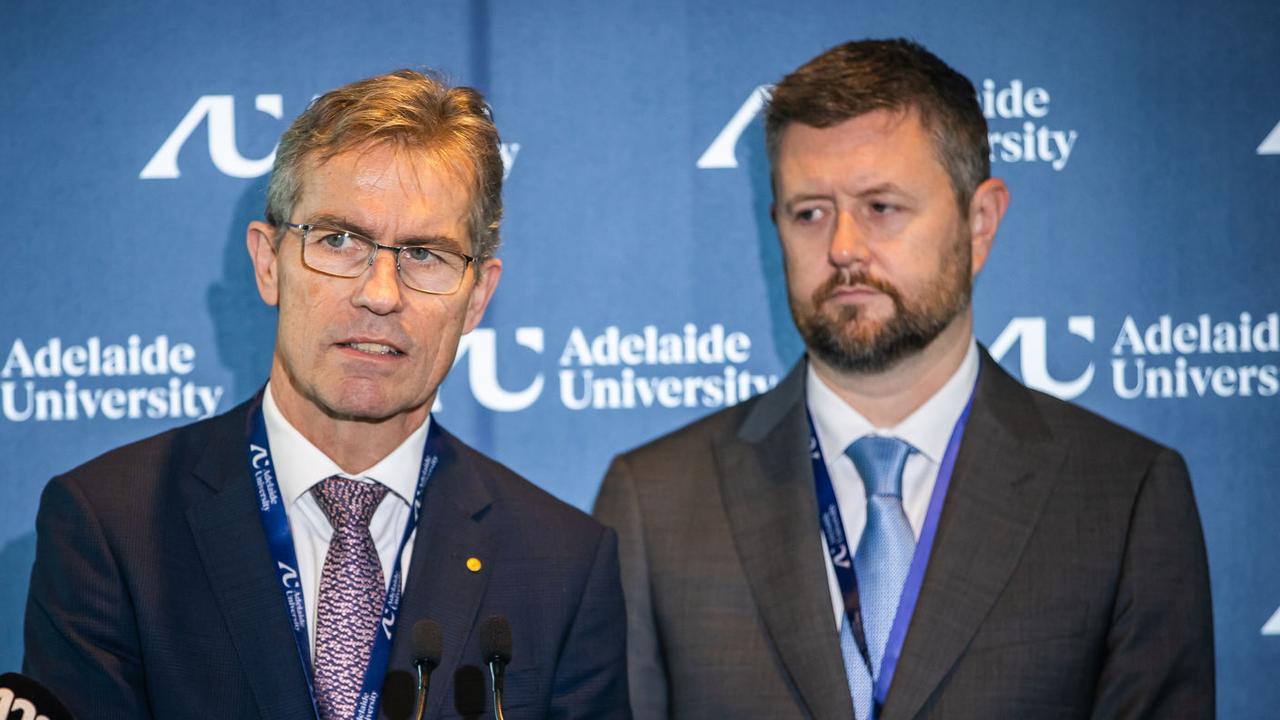
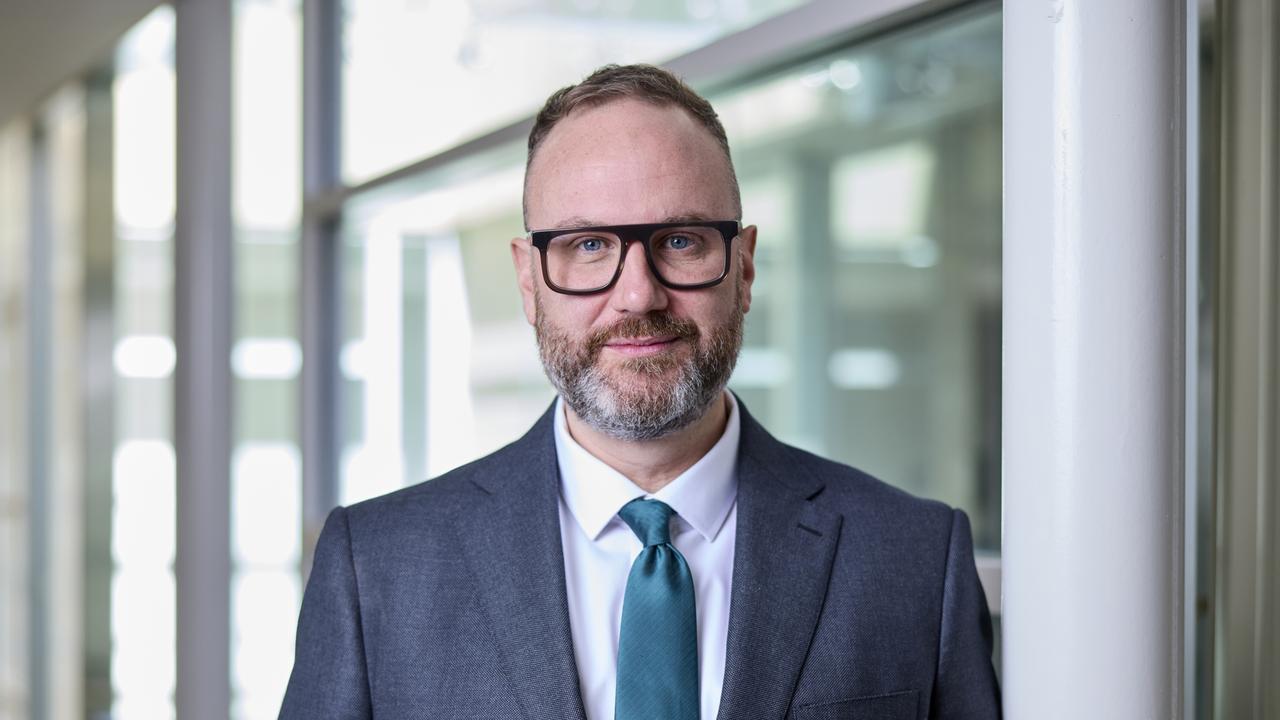
To join the conversation, please log in. Don't have an account? Register
Join the conversation, you are commenting as Logout